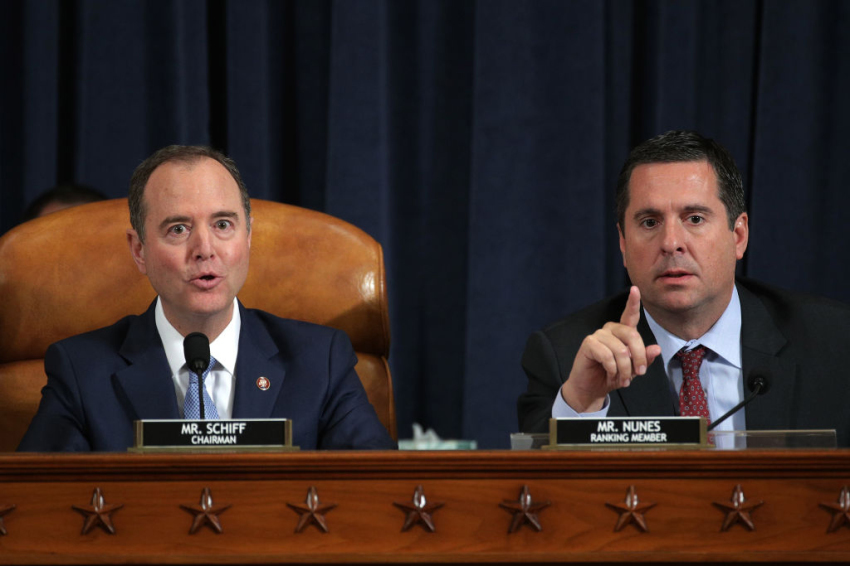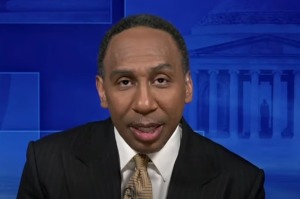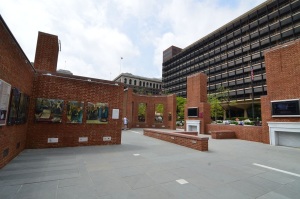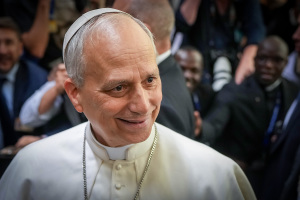Adam Schiff demanded Twitter ban of journalist he didn't like
Latest docs show 'astonishing variety of requests from officials asking for individuals they didn’t like to be banned'

A request from former House Intelligence Committee chair Rep. Adam Schiff, D-Calif., asking Twitter to suspend a journalist was among the latest revelations on how U.S. government officials worked directly with the social media giant to target specific accounts.
Known as the “Twitter Files,” the latest batch of internal Twitter documents released Tuesday by journalist Matt Taibbi revealed the extent of the cooperation between government agencies and the online publishing platform, including the Nov. 12, 2020, request from "the office for Democrat and House Intel Committee chief Adam Schiff" requesting Twitter ban reporter and New York Post columnist Paul Sperry.
27.They also received an astonishing variety of requests from officials asking for individuals they didn’t like to be banned. Here, the office for Democrat and House Intel Committee chief Adam Schiff asks Twitter to ban journalist Paul Sperry: pic.twitter.com/SXI1ekqi13
— Matt Taibbi (@mtaibbi) January 3, 2023
The email requested Twitter “suspend the many accounts, including @GregRubini and @paulsperry, which repeatedly promoted false QAnon conspiracies and harassed [REDACTED]."
According to Taibbi, Twitter declined the initial request, as seen in the memos, noting, “We don’t do this” on the request from Schiff’s office.
Sperry, however, was later suspended from Twitter.
In December, Twitter owner Elon Musk hinted at Schiff’s actions in a tweet asking the Southern California lawmaker whether he “approve[d] hidden state censorship in direct violation of the Constitution of the United States” as the former House Intel chair.
In response to Musk’s tweet, Schiff did not address whether his office was involved in any censorship, writing: “I don’t support censorship. Or hate speech. As the (outgoing) CEO of Twitter, how about you? Why not do more to stop slurs against black people, LGBTQ+ people, Jewish people, and others? Do you commit to providing the public with actual answers and data, not just tweets?”
I don’t support censorship. Or hate speech.
— Adam Schiff (@RepAdamSchiff) December 20, 2022
As the (outgoing) CEO of Twitter, how about you? Why not do more to stop slurs against Black people, LGBTQ+ people, Jewish people, and others? Do you commit to providing the public with actual answers and data, not just tweets? https://t.co/aejdHNLud5
After Taibbi published his report on Jan. 3, Musk tweeted: “Hey @RepAdamSchiff, what’s this?”
Following his Twitter reinstatement, Sperry alleged Schiff’s Chief of Staff Patrick Boland was threatening Sperry’s employer Real Clear Investigations over his work “exposing Schiff's impeachment whistleblower and his ties to Schiff's staffer” around the same period of time when Schiff’s office was lobbying Twitter to suspend Sperry.
Other documents released in the latest batch of Twitter Files included correspondence showing requests to Twitter from the Treasury Department, NSA, FBI, Department of Homeland Security (DHS) and Health and Human Services (HHS), along with “virtually every state” in the nation.
“Twitter was taking requests from every conceivable government body,” including the Senate Intel Committee (SSCI), according to Taibbi.
The U.S. State Department also reportedly flagged accounts that shared stories from the banned ZeroHedge account, which had as many as a quarter-million followers prior to its suspension. The State Department claimed retweets from ZeroHedge “led to another flurry of disinformation narratives” surrounding the alleged lab origins of the COVID-19 virus.
In late December, another Twitter document dump seemed to indicate the White House pressured Twitter to censor tweets advocating a disfavored narrative on the coronavirus pandemic.
The 10th set of “Twitter Files” released by journalist David Zweig showed the social media giant even attached warning labels to tweets featuring data compiled by the U.S. Centers for Disease Control and Prevention.
In a 40-tweet thread, Zweig alleged that "Twitter rigged the COVID debate" by "censoring info that was true but inconvenient to [U.S. government] policy, by discrediting doctors and other experts who disagreed, [and] by suppressing ordinary users, including some sharing the CDC's *own data.*"
Ian M. Giatti is a reporter for The Christian Post. He can be reached at: ian.giatti@christianpost.com.



























